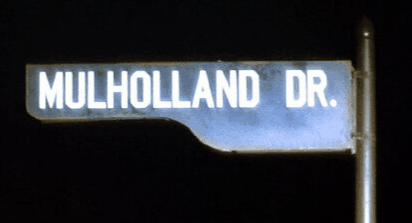Also at
http://kimcolemanjennyhogarth.co.uk/texts/awfully_good.htm
As a title for this exhibition, an oxymoron perfectly encapsulates the understated dynamics of its subject matter: light.
The scene it sets is expressive rather than representative; it shape-shifts. The scene it sets is definitely possible. The scene it sets is an intentional accident. The scene it sets is a virtual reality.
It promises something that happens naturally, without intervention. We shed our skin, we age, we grow our hair.
It promises a kind of change to be held in suspicion. A sunbed tan. It is a form of fantasy, or subterfuge, of play ‘acting’.
The works belong to our ordinary existence – they lack manufactured dramatic incident, they resemble the steady eye of CCTV. The sound is ambient.
The works are contrived and metafictive: they reveal how the camera has been set up, how the mise en scène is established, how the shot was framed. The videos are illusions, seductive two dimensional surfaces broken intermittently, like a cloudy sun, by glimpses of the everyday. The sound is overdubbed.
The minimal manipulation of mise en scène is the motor of the action. The experience of space, time, shadow-play and the bleaching effects of light enables the narrative.
The mise en scène is inert. The minimal manoeuvring of the camera lens, le camera stylo creates the performance.
In Mineral Water the camera can only liberate the images from implying time and order by being able to focus on the movements of the actors. The cinematic eye is able to traverse the ‘natural’ space beyond the gallery café and the more overtly contrived space of the café itself, culminating in the ‘release’ of the captive mineral water back into the wild of the human-animal.
In Mineral Water the dramatic image moves in and out of the spotlight, teasing the auto focus. The camera’s artificial intelligence decides for us whether we should focus on the figure or the ground, and as the focus shifts it reveals only more views of the proscenium arch.
As Museum Light is projected onto a screen it draws our attention to the utilitarian ordinariness that unites the artefacts, fixtures, and rostrums in the Museum.
As Museum Light moves in and out of focus it is ritualised and transfigured as Constructivist composition, nightclub strobe, Eames design, soothing full moon.
The light is clearly confusing. Table transmogrifies in the ever changing glow: from table, to shining sun, to luminescent lune, to a table more experienced than the one we once knew.
There is only difference; like the light, Act Natural is constantly shifting, it is becoming.


